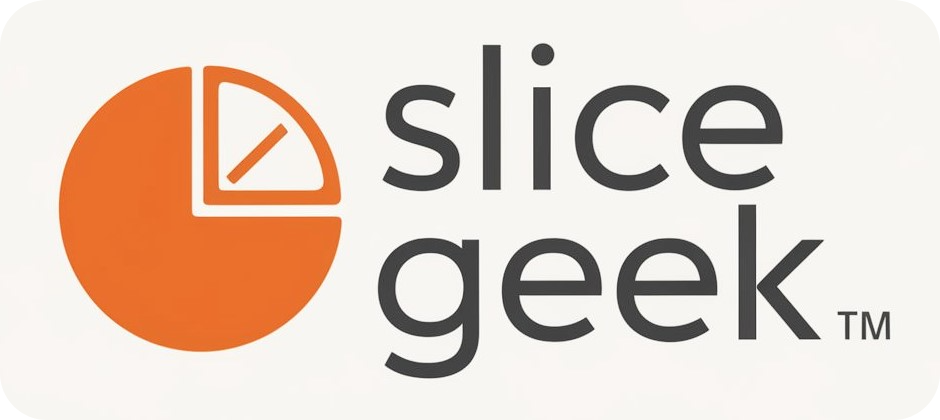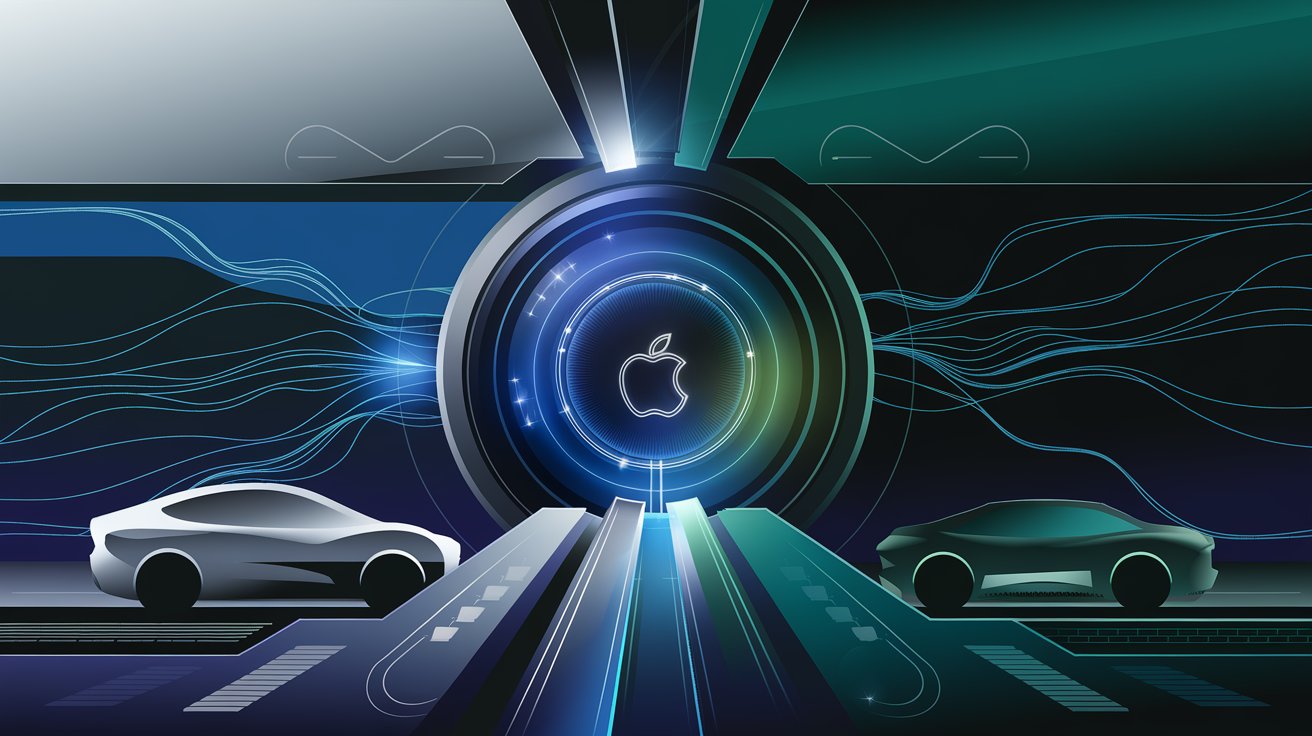Apple’s ambitions in the electric vehicle (EV) market have been a subject of speculation for several years, but recent reports have added a new twist to the tech giant’s automotive endeavors. In a move that has captured industry attention, Apple has been secretly collaborating with China’s BYD on the development of long-range EV batteries. This partnership underscores Apple’s seriousness in entering the EV market and adds another layer of intrigue to the company’s plans for an electric, self-driving vehicle.
BYD, which stands for Build Your Dreams, is a leading Chinese electric vehicle and battery manufacturer known for its innovations in the electric mobility space. The company is a significant player in both the EV and battery manufacturing sectors, making it a natural ally for Apple as it seeks to develop cutting-edge battery technology for its rumored electric vehicle, commonly referred to as the “Apple Car.”
This secretive collaboration is a signal of Apple’s increasing interest in the EV space, particularly in creating a competitive edge through advanced battery technology. Batteries are the most critical component in electric vehicles, directly influencing a car’s range, performance, and price. Apple’s choice to partner with BYD highlights the company’s intent to leverage the expertise of a leading EV battery manufacturer while maintaining tight secrecy over its electric car project.
Apple’s Quiet Ambitions in the EV Market
Apple’s ambitions to enter the automotive sector are not new. The company has been working on various elements of its secretive “Project Titan” for several years, with rumors of an Apple-branded electric car dating back as far as 2014. However, the project has seen numerous ups and downs, including management changes, internal debates, and shifting strategies about whether Apple would focus on building its own car or merely develop the software and hardware components for other automakers.
Despite these challenges, it has become increasingly clear that Apple’s interest in the EV market remains strong. The company’s extensive experience in battery technology, gained through its development of products like the iPhone, MacBook, and iPad, gives it a solid foundation to build upon in the context of electric vehicles.
The decision to collaborate with BYD, however, highlights a key realization for Apple: while the company has expertise in consumer electronics batteries, creating large-scale batteries for electric cars is a different challenge entirely. EV batteries must meet more stringent requirements for performance, safety, and longevity than smartphone or laptop batteries, which is where BYD’s expertise comes into play.
Why BYD? A Logical Partner for Apple
BYD is one of China’s leading EV and battery manufacturers, with a track record of producing high-quality, long-range batteries for electric vehicles. In addition to manufacturing electric cars, BYD is also a global leader in producing battery storage solutions, including large-scale batteries for grid energy storage and commercial applications. This makes BYD an ideal partner for Apple, as the company has the expertise, manufacturing capabilities, and technical know-how to help Apple develop next-generation EV batteries.
Another reason Apple may have chosen to work with BYD is the increasing competition in the EV battery space. While companies like Tesla have their own proprietary battery technologies and partnerships with battery suppliers like Panasonic, Apple has remained largely independent of existing automakers and battery manufacturers. Collaborating with BYD allows Apple to maintain its independent stance while leveraging a well-established player in the industry.
Moreover, BYD’s strong position in China, one of the world’s largest and fastest-growing EV markets, aligns with Apple’s strategy to build a global supply chain for its EV ambitions. The partnership could give Apple greater access to the Chinese market and local supply chains, which are critical for scaling the production of electric vehicles and batteries.
The Importance of Long-Range EV Battery Technology
One of the most important factors for any electric vehicle is its range, or the distance it can travel on a single charge. Long-range EV batteries are essential for making electric cars more practical and appealing to consumers, especially in regions where charging infrastructure is not yet fully developed. A battery that provides greater range can alleviate range anxiety—a major concern for potential EV buyers—by allowing drivers to travel longer distances between charging sessions.
Apple’s focus on long-range battery development suggests that the company is aiming to create an electric car that competes directly with industry leaders like Tesla, which is known for its market-leading battery performance. By partnering with BYD, Apple hopes to create a battery that offers not only superior range but also improved safety, faster charging times, and a longer lifespan.
BYD’s experience in producing lithium iron phosphate (LFP) batteries, which are known for their lower costs and better safety characteristics, could be especially valuable to Apple. LFP batteries are less prone to overheating and fires compared to traditional lithium-ion batteries, making them an attractive option for electric vehicles. Although LFP batteries typically offer slightly lower energy density, advances in battery technology are closing the gap, making them an increasingly viable option for long-range EVs.
If Apple and BYD are successful in developing a high-performance, long-range battery, it could give Apple a competitive advantage over other automakers in the EV market. This would align with Apple’s brand strategy of delivering premium, high-quality products that differentiate themselves through cutting-edge technology.
Apple’s Strategy of Secrecy
Apple is known for its secretive approach to product development, and its work with BYD is no exception. The company has a long history of working behind the scenes with suppliers and manufacturers to develop new technologies, only to unveil them to the public when they are ready for prime time. This strategy allows Apple to maintain control over its narrative and prevent leaks from disrupting its product launch plans.
The collaboration with BYD is part of this broader strategy. By keeping the partnership under wraps, Apple can continue to develop its EV battery technology without tipping its hand to competitors. The secrecy also allows Apple to experiment and make changes to its plans without attracting undue attention or speculation.
Additionally, Apple’s approach to working with suppliers is unique in that the company often designs its own components and technologies while outsourcing the manufacturing to third parties. In the case of its EV battery development, Apple may be providing design and technical specifications to BYD while relying on the Chinese manufacturer’s expertise to produce the batteries at scale. This would allow Apple to retain control over key aspects of the battery’s performance and integration with its overall vehicle design.
The Road Ahead for Apple’s Electric Vehicle Ambitions
The partnership between Apple and BYD represents just one piece of the puzzle in Apple’s broader efforts to enter the electric vehicle market. While the collaboration on long-range EV batteries is crucial, there are other key areas where Apple will need to focus its efforts, including autonomous driving technology, vehicle design, and software integration.
Apple has reportedly been working on autonomous driving systems as part of its “Project Titan” initiative, which aims to create a self-driving electric vehicle. The development of advanced driver-assistance systems (ADAS) and artificial intelligence (AI) technologies will be critical to Apple’s ability to compete in the EV market, especially as rivals like Waymo and Tesla continue to advance their own autonomous driving capabilities.
In terms of vehicle design, Apple has always placed a strong emphasis on aesthetics and user experience, and its electric car is expected to reflect that same attention to detail. While the company has kept details about the design of its car under wraps, there is speculation that Apple is working with automotive manufacturers and design firms to create a vehicle that blends cutting-edge technology with a sleek, minimalist design.
Finally, software integration will be a major focus for Apple as it seeks to differentiate its electric vehicle from competitors. Apple’s ecosystem of devices and services, including the iPhone, Apple Watch, and Apple CarPlay, could play a central role in creating a seamless, connected experience for drivers. The integration of advanced software and user interfaces could make the Apple Car one of the most technologically sophisticated vehicles on the road.
The Competitive Landscape and Apple’s Challenges
While Apple’s collaboration with BYD represents a major step forward in its EV ambitions, the company faces significant challenges as it looks to break into the automotive industry. The EV market is already highly competitive, with established players like Tesla, Ford, Volkswagen, and General Motors making significant investments in electric vehicles and autonomous driving technologies.
Tesla, in particular, has set a high bar for EV battery performance and autonomous driving capabilities, and Apple will need to deliver a product that can compete with Tesla’s best-in-class offerings. Additionally, the automotive industry operates on a different scale compared to consumer electronics, with complex supply chains, regulatory hurdles, and safety standards that Apple will need to navigate.
There is also the question of how Apple plans to bring its vehicle to market. While the company could choose to build its own cars, it may also opt to partner with an existing automaker to produce the vehicle while focusing on the software, battery technology, and user experience. This approach would allow Apple to leverage its strengths in design and technology without having to build out the infrastructure required for vehicle manufacturing.
Conclusion
The secret collaboration between Apple and China’s BYD on long-range EV battery development highlights Apple’s growing ambitions in the electric vehicle market. By partnering with one of the world’s leading EV battery manufacturers, Apple is positioning itself to create a competitive edge through advanced battery technology, a critical component for the success of any electric vehicle.
While challenges remain, Apple’s expertise in battery technology, software integration, and user experience could allow it to create a vehicle that stands out in a crowded market. As the world awaits further details on Apple’s electric vehicle plans, the partnership with BYD marks a significant step forward in what could be one of the most transformative products in Apple’s history.





